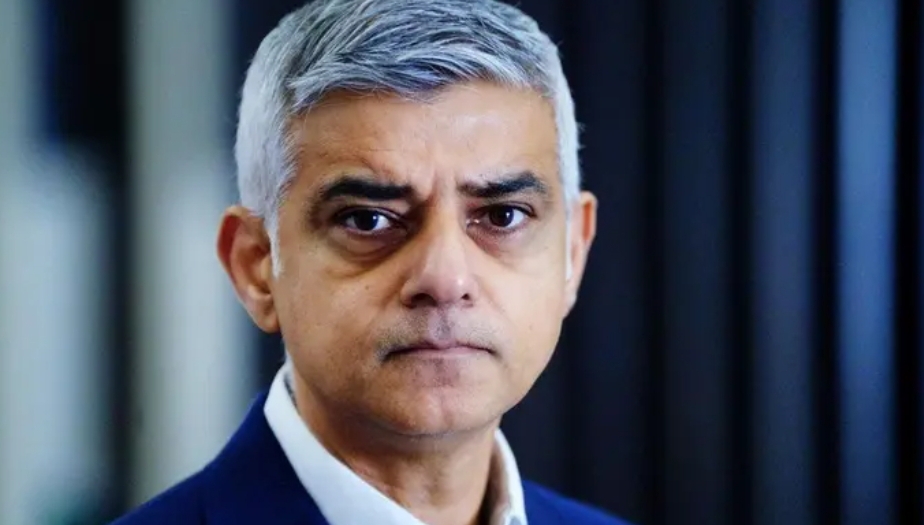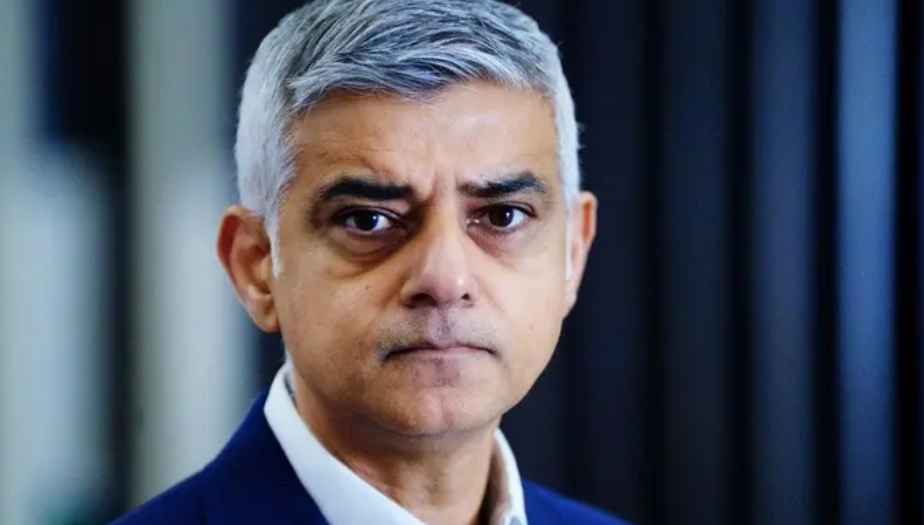
Anti-ULEZ activists in London have devised a new method to evade fines imposed by the controversial scheme introduced by Mayor Sadiq Khan. As the battle against the ULEZ rages on, protesters are now using vans to block mobile cameras, throwing a wrench into the gears of Khan’s much-debated initiative. This was revealed by Daily Mail on Thursday, 21 September 2023.

The ULEZ, implemented to combat air pollution in the capital, charges drivers of non-compliant vehicles a hefty fee of £12.50 per day. While the scheme has been hailed by environmentalists for its commitment to reducing emissions, it has faced substantial backlash from vehicle owners who argue that it unfairly burdens them. The innovative response from these protesters has created a fresh twist in the ongoing debate.
The heart of this issue lies in the growing dissatisfaction among Londoners who own vehicles that fall short of ULEZ emission standards. The daily charges have become a significant financial burden for many, especially those who rely on their vehicles for work or daily commute. This frustration has fueled the rise of anti-ULEZ sentiment across the city.
In an effort to push back against the ULEZ scheme, a group of protesters has taken matters into their own hands. They’ve adopted a new strategy of using vans to block mobile cameras positioned throughout the city to monitor and penalize non-compliant vehicles. This audacious tactic has effectively disrupted the enforcement of the ULEZ and led to a surge in ticket evasions.
Critics argue that these activists are undermining the broader goal of improving air quality in London. While supporters of the ULEZ maintain that it is a crucial step toward reducing pollution and protecting public health, opponents see it as an unjust financial burden on vehicle owners. The clashes of opinion have created a contentious atmosphere surrounding the scheme.
Sadiq Khan’s office has responded to these protests, emphasizing the importance of the ULEZ in addressing London’s air quality crisis. They argue that the scheme is instrumental in reducing harmful emissions, ultimately benefiting the health of Londoners. However, the use of mobile camera blockades by activists presents a considerable challenge to the city’s efforts to enforce the ULEZ.
The police have been deployed to address the protests, but clashes between officers and activists have occasionally escalated, resulting in arrests and confrontations. As tensions mount, there is a growing concern that the situation may worsen, potentially leading to more significant disruptions in the city.
Public opinion on the use of mobile camera blockades is divided. Some view it as a legitimate form of protest against a policy they perceive as unfair, while others believe it is undermining the rule of law. Londoners continue to debate the effectiveness of the ULEZ and whether it strikes the right balance between reducing pollution and imposing financial penalties.
The future of the ULEZ and the response of its critics remain uncertain. As protests intensify, the debate over the scheme’s merits and its impact on London’s environment and economy will likely continue. What is clear is that the activists behind the mobile camera blockades have injected new energy into a long-standing controversy, prompting a fresh look at the ULEZ and its role in shaping London’s future.




